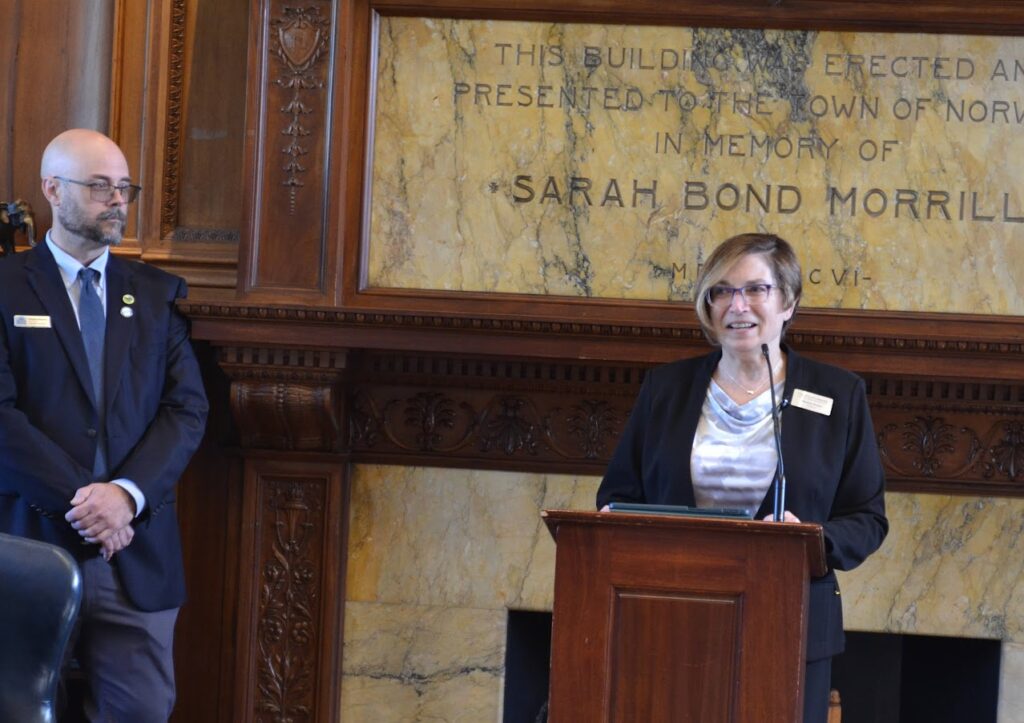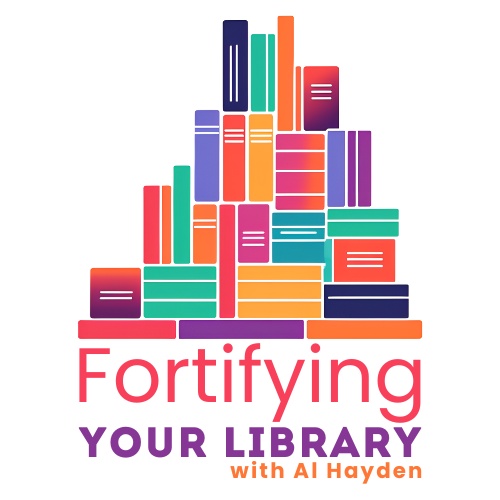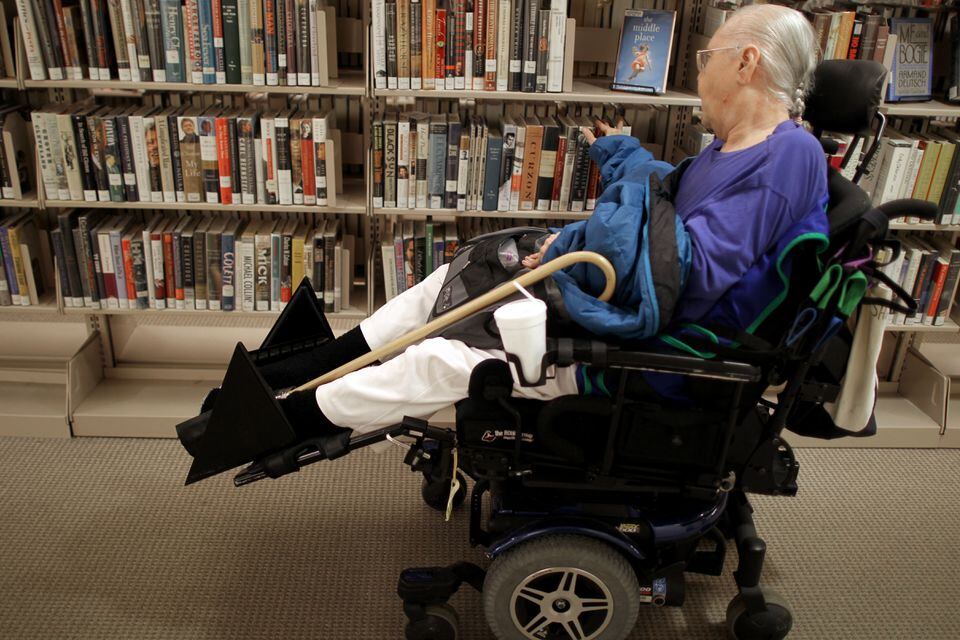(Senator Oliveira’s full speech is available to view at: https://drive.google.com/file/d/1P0oMZ4eB8qz6iiYZyq5_Ac7sA2FpiPRG/view?usp=sharing)
I also want to thank the Senator from the Cape and the Islands, not only for filing this vital legislation, but for his unwavering commitment to protecting the freedoms that define us: the freedom to read, the freedom to learn, and the freedom for everyone to see themselves reflected in the stories that shape our communities.
At its core, this bill is about trust. Trust in our librarians. Trust in our educators. Trust in the belief that every person in the Commonwealth deserves the opportunity to see not only themselves, but their families, their identities, and their experiences reflected in the books and ideas available in our public and school libraries.
Our libraries are more than shelves and stacks. They are mirrors and windows. Mirrors that not only help us see ourselves, but also windows that help us see and understand others.
When we trust our librarians to do their jobs, jobs for which they have been extensively educated, we protect that. We ensure that every voice, every story, and every reader has a place in Massachusetts. That is the heart of the legislation before us, and it’s why I am proud to stand in support of it.
Madam President, when I ran for the school committee in my hometown 16 years ago, I never imagined that I’d be thrust into the center of a fight over libraries, librarians, and freedom of expression. But in my own hometown of Ludlow, that’s exactly what happened.
Before being elected to this legislature, the Ludlow School Committee began hearing from a small, but loud minority that would have banned certain books from our school libraries. These loud voices, driven by a hate organization based nearly 100 miles outside of my community claimed to “protect children.” But the truth is, it wasn’t about protection. It was about control. It was about erasing stories that made some people uncomfortable.
And suddenly, this wasn’t a national debate I was watching unfold on the news. It wasn’t something happening in another state. It was happening right where I grew up, in the schools I attended, in a community I deeply love.
That’s when I realized this fight isn’t in some far-off place. It’s right here in our neighborhoods, in our classrooms, in our libraries, in our communities.
Communities across Massachusetts, communities with LGBTQIA+ individuals, people of color, and families from every background, are facing the same struggle.
These are our neighbors, our classmates, our coworkers. They deserve to have their stories told. They deserve to see themselves reflected in the works available at our public and school libraries.
Because when we erase stories, we erase people.
Today, we have an opportunity to say, “Not in Massachusetts.”
And to make sure that decisions about library materials are made by trained, professional librarians, not by politicians or activists looking to score points in a culture war.
That’s what this bill is about. It’s about fairness, expertise, and inclusivity. It’s about trusting the professionals who dedicate their lives to connecting people with ideas and recognizing that knowledge should be guided by professional standards, not partisan agendas.
And it’s about something even deeper: our belief in free expression and in the idea that every voice, every story, and every reader deserves a place in Massachusetts.
Across the country, we’ve seen record numbers of book challenges—over 4,000 titles targeted for removal or restriction last year, according to the American Library Association. Here in Massachusetts, there were 37 challenges in 2023 alone, affecting 63 titles. That’s not some far off place. That’s right here at home.
And let’s be clear, these challenges are not random. Most target books are written by or about people of color and LGBTQ+ individuals. These efforts are deliberate. They are about making certain people and experiences invisible.
When we remove those stories, we don’t just erase books; we erase people. We take away the chance for young readers to discover themselves and for communities to understand one another. We lose empathy. And without empathy, democracy falters.
This bill draws a line in defense of inclusion, professionalism, and trust. It ensures that challenges to library materials are handled transparently and professionally. It guarantees that materials remain accessible during review and that librarians and educators are protected when they uphold the values of intellectual freedom.
It modernizes our public library law, requiring written policies grounded in the Library Bill of Rights, because access to information should never depend on the political winds of the moment.
Madam President, history reminds us that censorship rarely begins with dramatic gestures. It begins quietly, with one book removed, one voice dismissed, one story silenced. But here in Massachusetts, we can choose a different path today.
We can choose trust. We can choose access. We can choose to see one another.
So today, as someone who was thrust into this fight not by choice but by necessity, I stand here proud to say: Massachusetts will continue to lead.
Not by banning books, but by building bridges. Not by silencing voices, but by amplifying them. Not by giving in to fear, but by standing firm in freedom.
Let’s pass this bill and make clear that in the Commonwealth of Massachusetts, every reader matters, every story belongs, and every community is seen.
Thank you, Madam President.




